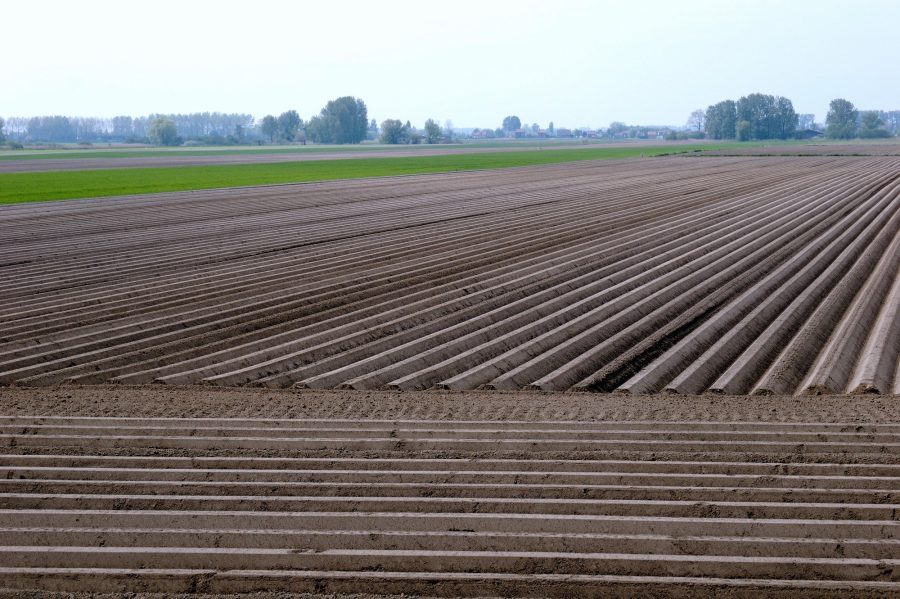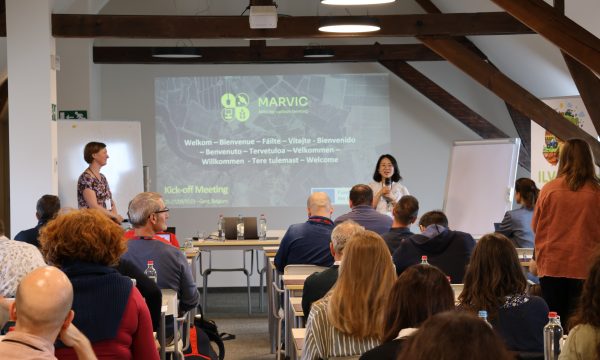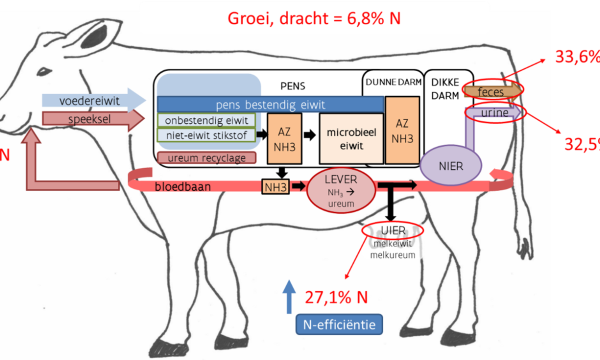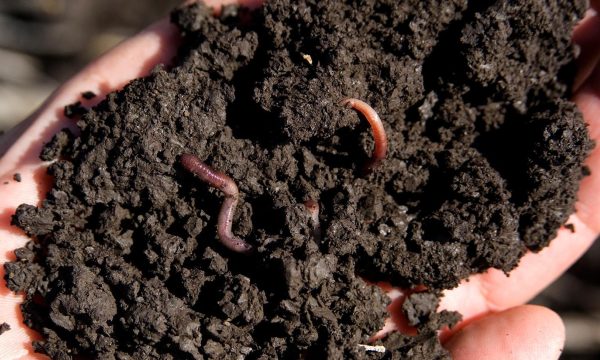Press release LCA (life cycle analysis) in agricultural context

Adjustments in the LCA methodology will lead to better and more comprehensive evaluation of the environmental sustainability of agriculture and of food products. By working out measurable indicators for the complex concepts of 'restoring soil quality' and by taking 'ecosystem services' into account, a more refined picture of 'sustainable production' comes into focus.
Lieselot Boone (UGent - ILVO): "We can now better compare agricultural practices to their contribution to sustainability and climate-smart production. This is an opportunity for the policy. With this adapted LCA methodology, you can show farmers more clearly why certain choices are more favorable in terms of costs and benefits."
With this adapted LCA methodology, you can show farmers more clearly why certain choices are more favorable in terms of costs and benefits.
Why life cycle analyses of agricultural products are difficult.
Life cycle analyses or LCA were originally designed to evaluate the sustainability of the fossil-fuel industry. From the 1990s on, LCA have also been done for food products, such as the ecological footprint of a product and its packaging. This analysis quickly expanded into the definition of a broader environmental impact, and the agricultural production systems were also examined. To this day, however, it is no easy task to evaluate the environmental sustainability of agricultural systems and practices. This is mainly because agricultural systems are highly variable. The influences of policy, farming practices, weather conditions and innovation cause a lot of variability, and this must be taken into account. Furthermore, soil quality has not been included in the LCA evaluation until now, while this is an important prerequisite for ensuring productivity.
In a LCA study in agricultural context, it is often 'forgotten' that farmers deliver more than the harvested products alone. Agricultural activity also provides unique and crucial ecosystem services such as the preservation of biodiversity and buffering of climate change. A fundamental finding was therefore that the LCA methodology should allow the integration of all these aspects into the evaluation of environmental sustainability.
In response to that challenge, UGent-ILVO doctoral student Lieselot Boone quantified for the first time the long-term relationship between land use practices and yields. This connection is made through an intermediate step: first the effect of land use practices is translated into changes in soil quality, then changes in soil quality are translated into expected changes in yield or productivity. Boone developed indicators for soil quality and for ecosystem services that can be fit into LCA analyses.
Case studies conducted in the Flemish agricultural context tested the ease of use. "The LCA yardstick is refined and better adapted to what we want to measure," summarizes the researcher.
Soil quality and ecosystem services for the first time embedded in life cycle analysis
For the determination of the 'impact on soil quality', Boone points to soil organic carbon as a very important parameter. From previous research we know that the carbon content in the soil is strongly related to land use. Through use of a model, the evolution of the organic carbon stock in the soil can be forecast as a result of farm management choices, as well as the changes in production that result from changes in carbon stock. This type of analysis has never been done before in Flanders.
The impact on soil quality in the Boone-LCA is based on the following measurements: 1. Change in organic carbon stocks, 2. Change in biomass productivity, and 3. Change in land requirements. The three represent a cause-effect chain, with which the impact of land use on soil quality is correctly exposed.
The simulations through the model confirm that the choice of agricultural practices (e.g. a certain crop rotation, type of manure, use of cover crops) can have a major impact on the carbon stocks of the soil.
Also the complex data of the 'supplied ecosystem services' are now introduced into the LCA methodology. "Traditionally, LCA have only focused on the products harvested and not on other services such as conservation of biodiversity, preserving open space, buffering climate change, etc. Consequently, products grown by conventional farming practices are often scored more positively than organically produced foods, feed or fuels. " This study has developed a procedure to compare the environmental sustainability of organic and conventionally produced products by taking into account the capacity for delivery of a production system to (in addition to agricultural products) ecosystem services.
A possible new policy tool?
The data from the resulting LCA analysis can be used to weigh the cost/benefit of measures for the benefit of soil recovery, says Liselot Boone. The new method of calculation makes an economic assessment of the soil recover measures in terms of use of raw materials. This is done through a separate indicator, which calculates the balance between the consumption of natural raw materials related to production (including the raw materials needed to implement remedial measures), and the output of plant production systems (the crops harvested).
In a test case, the indicator has been applied to several possible rotation systems in Flanders that compared remedial measures. In general, the benefits appear to outweigh the efforts to restore the soil organic carbon content. It was also enlightening that the results depended very much on the nature of the recovery measures applied. "Cover crops clearly work to positively affect soil quality and yield. The area where cover crops has increased significantly in Flanders, thanks to the greening measures. We can conclude without any doubt that this policy will bear fruit.'


